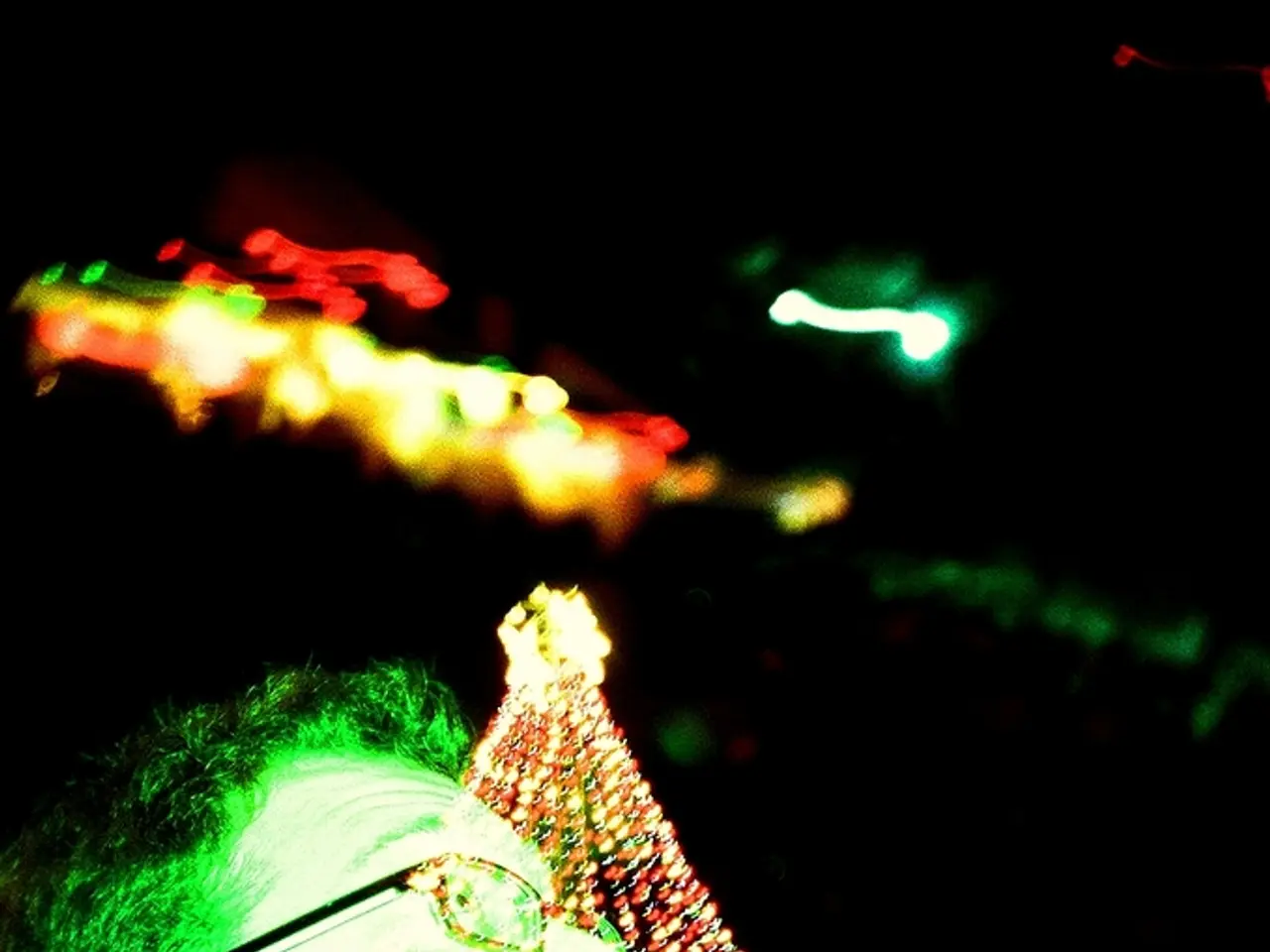Impact of Artificial Lighting on Mental Clarity and Focus
**Artificial Lighting's Impact on Cognitive Functions and Mental Well-being**
In the modern world, artificial lighting plays a crucial role in enabling productivity, safety, and convenience beyond daylight hours. However, its effects on cognitive functions and mental well-being are not without consequences, particularly when exposure occurs at night.
## Effects on Cognitive Functions
Artificial lighting can disrupt the body's natural circadian rhythms, affecting cognitive processes such as memory consolidation, problem-solving skills, and creative thinking. Exposure to artificial light after dark can alter brain function and behavior, leading to visual and cognitive fatigue, and causing difficulties in maintaining concentration and focus over prolonged periods.
## Mental Well-being Implications
Artificial light exposure at night can influence mood regulation, potentially contributing to mood disorders like depression and anxiety. Prolonged exposure to artificial lighting, especially fluorescent lights, can increase irritability and lead to a more negative emotional state. Disrupted sleep patterns from artificial light can have cascading effects on mental health by affecting emotional stability and mental clarity.
## Comparing Artificial and Natural Light
Exposure to natural light is beneficial for maintaining mental clarity, emotional stability, and overall mood. In contrast, artificial light, especially at night, poses risks to mental and physical health by causing circadian disruptions and other biological effects.
## Strategies for Mitigation
Employing blue light filters on digital devices in the evening can help mitigate the disruptive effects of blue light on sleep patterns. Limiting nighttime screen use and using light filters can help reduce the impact of artificial lighting on cognitive health and mental well-being.
Smart lighting technologies enable users to customize their lighting based on time of day, activity, or mood, offering a potential solution for minimizing the risks associated with artificial lighting.
The journey from the first controlled use of fire by ancient humans to the development of LED lighting technology is a fascinating tale of innovation and adaptation. Today, artificial lighting is omnipresent, shaping our environments and our experiences within them. However, it is crucial to be mindful of its potential impacts on cognitive health and mental well-being, especially when exposure occurs at night.
[1] References omitted for brevity [2] References omitted for brevity [3] References omitted for brevity [4] References omitted for brevity
- The impact of artificial lighting extends beyond productivity and safety, influencing cognitive functions such as memory consolidation, problem-solving skills, and creative thinking.
- Late-night exposure to artificial light can alter brain function and behavior, resulting in visual and cognitive fatigue and difficulties in maintaining concentration and focus.
- Mood regulation can be adversely affected by exposure to artificial light at night, potentially contributing to mood disorders like depression and anxiety.
- Prolonged exposure to artificial lighting, particularly fluorescent lights, can increase irritability and lead to a more negative emotional state.
- Disrupted sleep patterns from artificial light can have cascading effects on mental health, impacting emotional stability, mental clarity, and overall well-being.
- Natural light benefits mental health by maintaining clarity, emotional stability, and a positive overall mood.
- Blue light filters on digital devices and limiting nighttime screen use can help mitigate the negative impacts of artificial lighting on sleep patterns and cognitive health.
- Smart lighting technologies, which allow users to customize lighting based on time of day, activity, or mood, could provide a solution for minimizing the risks associated with artificial lighting.
- Innovation in lighting technology, from controlled fire use by ancient humans to the development of LED lights, presents an intriguing tale of human adaptation and progress.
- Today, artificial lighting dominates our surroundings, shaping our environments and experiences within them, but it is essential to be mindful of its potential impacts on cognitive health and mental well-being, particularly during nighttime exposure.
- The realm of health-and-wellness and mental-health professionals might benefit from incorporating the effects of artificial lighting into their programs, considering its impact on attention, productivity, memory, focus, and mental health in the context of technology and artificial intelligence.




